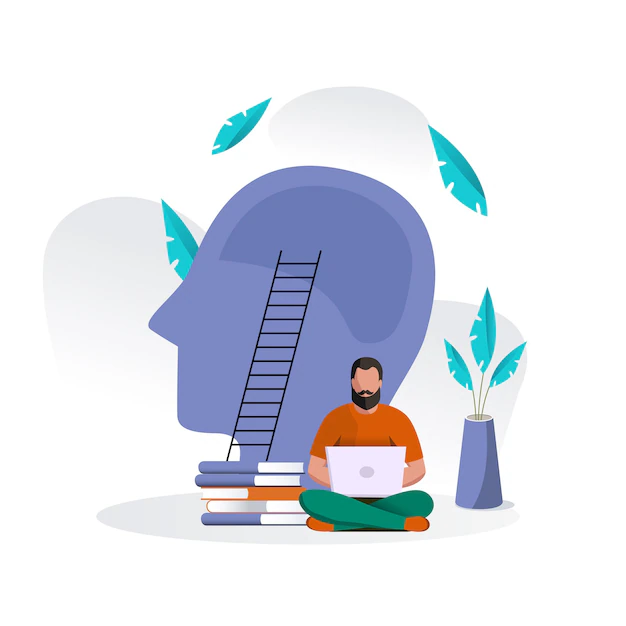The Crucial Goals of Guidance Counselors in Schools: Genuine Nurturing Students for Success
Page Contents
Introduction
Guidance counselors serve as the lighthouse in the educational journey of students, offering guidance, support, and a steady hand as they navigate academic, personal, and social challenges. Their role is multifaceted, encompassing a broad spectrum of responsibilities aimed at fostering holistic development and ensuring the well-being of students. In schools worldwide, these professionals play an indispensable role in shaping the future of young minds. As such, outlining their goals is essential to underscore the significance of their contributions and the impact they have on students’ lives.

The Crucial Goals of Guidance Counselors in Schools: Nurturing Students for Success
- Academic Achievement and Success: A primary goal of guidance counselors is to help students achieve academic excellence. They offer academic guidance, assist in course selection, and provide resources for educational planning. By understanding students’ strengths, weaknesses, and learning styles, counselors can tailor strategies to optimize learning outcomes for each individual. They also provide support in navigating academic challenges, such as study skills, time management, and test-taking strategies.
- Career Exploration and Planning: Guidance counselors aid students in exploring career paths aligned with their interests, skills, and aspirations. They provide resources, career assessments, and information about various professions and educational opportunities. Through individualized counseling sessions and workshops, counselors help students identify their strengths and passions, guiding them toward suitable career options and educational pathways.
- Social and Emotional Development: Supporting the social and emotional well-being of students is a crucial goal for counselors. They create a safe space for students to express themselves, address personal concerns, and manage emotional challenges. Counselors offer guidance on coping mechanisms, conflict resolution, and decision-making skills. They may also facilitate support groups and workshops to promote mental health awareness and emotional resilience among students.
- College Readiness and Applications: For students pursuing higher education, counselors play a pivotal role in the college application process. They offer guidance on college selection, assist with application submissions, review essays, and provide information on scholarships and financial aid. Counselors work closely with students and their families to ensure a smooth transition from high school to college, addressing any concerns or questions along the way.
- Supporting Diversity and Inclusivity: Guidance counselors aim to create an inclusive environment that celebrates diversity and respects individual differences. They foster a culture of acceptance, tolerance, and understanding among students from various backgrounds. Counselors advocate for equity in education, ensuring that all students have equal access to resources and opportunities regardless of their socio-economic status, ethnicity, or abilities.
- Collaboration with Stakeholders: Effective communication and collaboration with teachers, parents, administrators, and external agencies are essential goals for guidance counselors. By working closely with stakeholders, counselors can better understand students’ needs and provide comprehensive support. Collaboration also facilitates the implementation of programs that benefit students academically, emotionally, and socially.
- Prevention and Intervention: Counselors strive to identify early signs of academic, behavioral, or emotional issues that may affect students’ well-being. Through proactive measures and intervention strategies, they address concerns before they escalate, offering support and guidance to students in need. Counselors may work with other professionals to create intervention plans and provide referrals to specialized services when necessary.
Conclusion
In conclusion, the goals of guidance counselors at schools revolve around a genuine nurturing the overall development of students. By focusing on enhancement of academic achievement, sincere career guidance, emotional well-being, inclusivity, and collaboration, counselors play a pivotal role in shaping well-rounded individuals prepared for success in both their academic and personal lives. Their dedication and commitment contribute significantly to creating a supportive and enriching educational environment for students to thrive.







